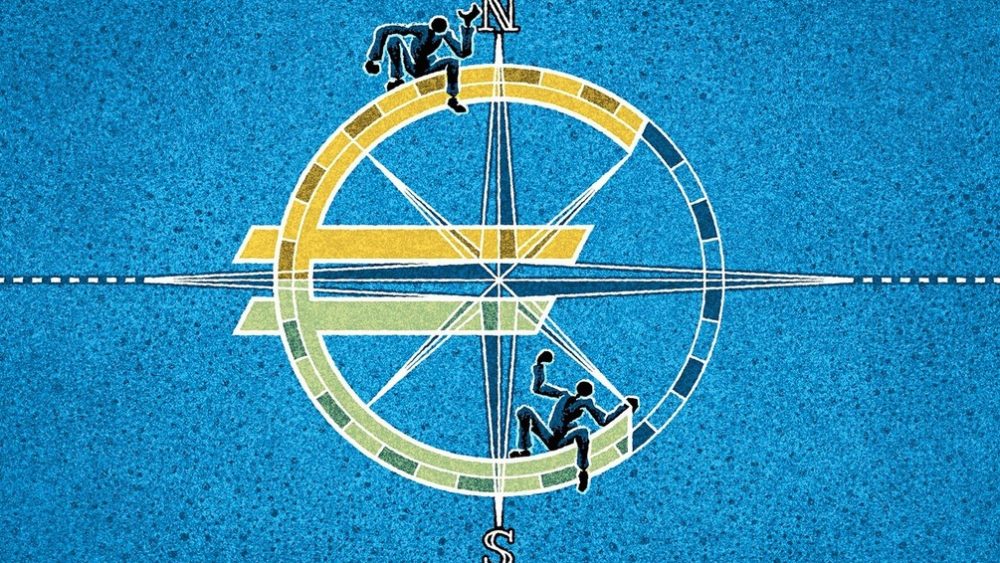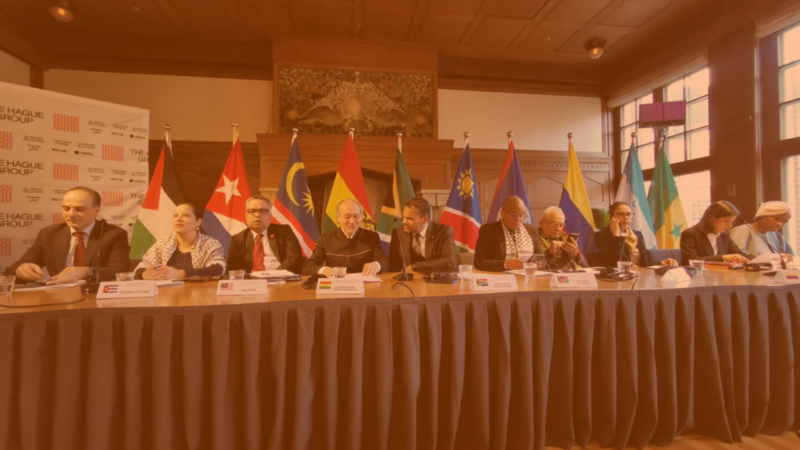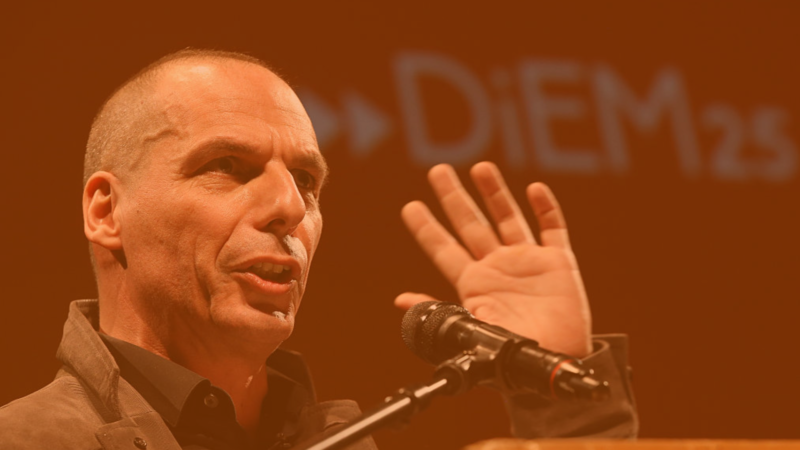Nobel laureate Paul Krugman wrote an opinion article last Sunday arguing that Europe is recovering steadily from the 2008 financial crisis. Indeed, graphs and numbers suggest as much. But we should be sceptical whether this economic recovery will result in widespread economic gains, and even more sceptical that it will suppress Europe’s political shift to the far right.
Underneath the graphs and numbers, there is a much quieter story of daily struggle and disappointment. People are hesitant to believe that Europe’s future is bright. Even the International Monetary admits that income inequalities grew across generations in Europe. In the meantime, the rich are getting richer worldwide, boosting income inequalities even further. How can we call this a recovery if its gains go so disproportionately to the very top?
Even Krugman’s analysis acknowledges an exception: Greece. This raises additional challenging questions. How can Europeans really and truly recover if some countries are left with strict austerity for decades to come? Is Europe a ‘success story’ if youth unemployment is at 40% in Greece? This, of course, under the economic stewardship of the troika.
At DiEM25, we believe that a true recovery means radical and progressive European Integration and Democratization. All European institutions need to put the people of Europe as their priority. This will only be achieved if we organize and demand change collectively! Join us here and let’s fight together!
Aris is a member and volunteer of the DiEM25 movement.
Do you want to be informed of DiEM25's actions? Sign up here















